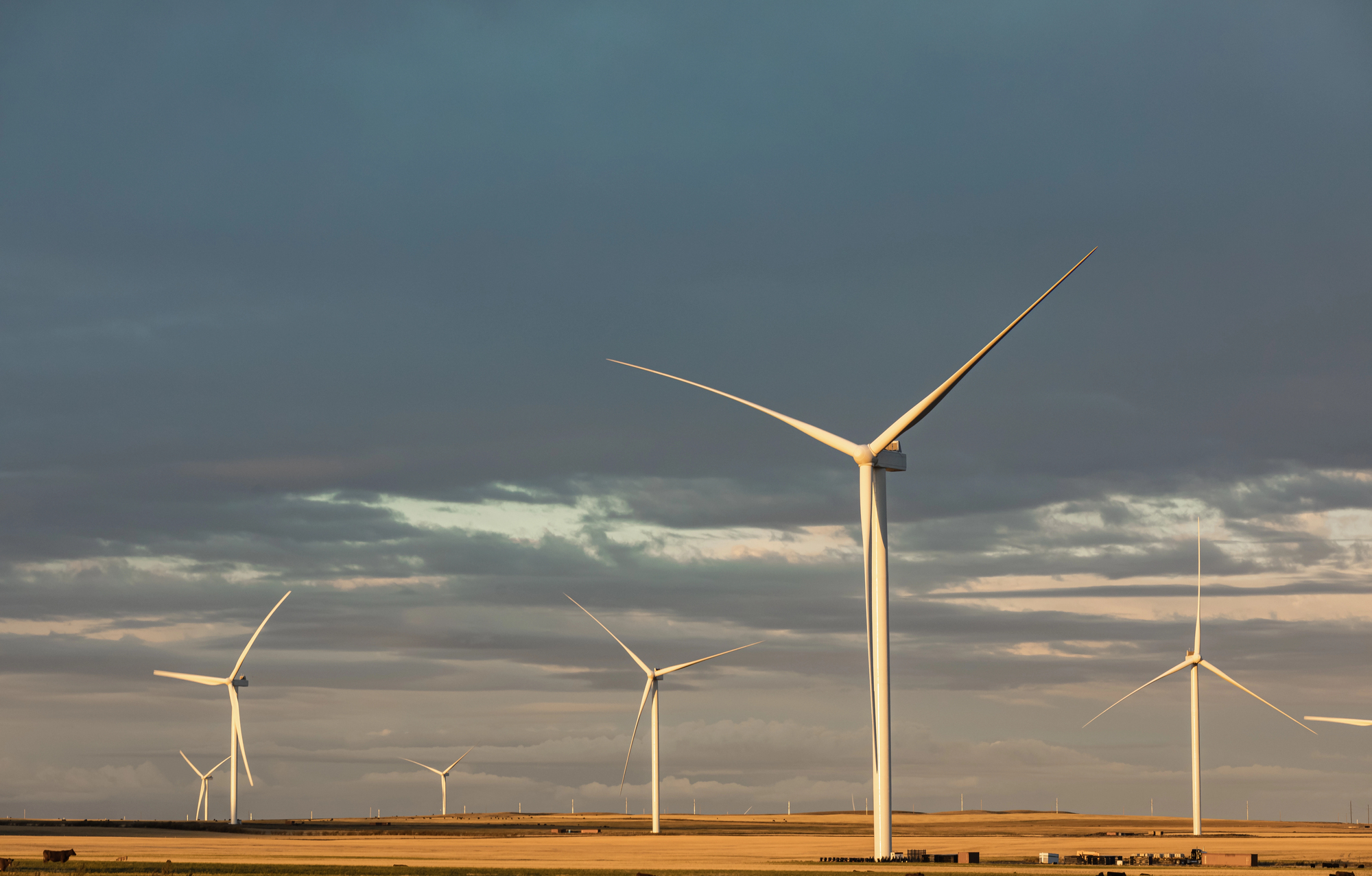The new government suggests raising energy tariffs for the public citing the need to cut the budget deficit. The opponents argue that this move is unfair as it targets the most vulnerable part of the population and that the oligarchs and the rich instead of the poor should carry the burden of the economic crisis.
VoxUkraine explains why both arguments are incomplete.
- There is no free lunch. The entire population, poor and rich, consumes energy and, thus, benefits from low tariffs. Yet, the entire population also pays the difference between the market price and the low tariff through taxes to the budget.
- Low tariffs mean less energy independence. Low tariffs encourage waste and increase the country’s dependence on energy.
- Increasing tariffs will affect both rich and poor, since everyone consumes energy.
- Poor will continue to be subsidized. The low tariffs are already high enough for the poor, and their consumption is unlikely to be affected by higher tariffs.[1] They will have to be subsidized from the budget directly in cash or through other means; this will not decrease budget expenditure.
- No subsidy to the rich. Those who are rich will have incentives to reduce their consumption of energy and invest into energy-saving technology.[2] This will reduce overall consumption and will partly offset the increase in tariffs. The budget will not be spent on subsidizing the rich.
The crucial assumption in this discussion is that the government will continue to subsidize the poor, directly or indirectly.
There is a difference between the average and the marginal price. Higher marginal prices will provide incentives for the population to reduce waste and invest time, effort, and money into energy-saving. The average price can continue to be low, for the vulnerable part of the population, through payments that are fixed independently of the amount of energy consumption or by providing an allowance to consume a fixed amount of energy at 0 prices.
Additional economic benefits
Currently, Naftogaz is required to supply the public at the low tariffs, incurring the losses. These losses have to be covered from the state budget. At the same time, the private companies are not required to supply the public and thus can avoid these losses. This creates an unfair advantage for the private companies. The government has attempted to resolve this problem and help stabilize finances of Nafotgaz by giving Naftogaz exclusive rights to supply some major manufacturers. This destroys market competition between Naftogaz and private supplies, removing incentives to modernize the existing production and develop new production. The result – Ukraine is more energy dependent on imports. Allowing tariffs for the public to be determined by market will resolve these and other problems, improving the economic efficiency of the market and helping the national security of Ukraine.
Notes
[1] If the consumption is not metered, there is no reason to change the consumption pattern. If the consumption is metered, the poor already consume at the basic minimum required to heat and light the homes, cook the food, and have hot water.
[2] Consider a rich individual who owns several huge houses. Heating these houses, keeping lights on, or wasting hot water can be affordable, unless the tariffs are increased. On the other hand, if the energy bill is high, the owner will reduce her consumption and will also invest in more energy efficient heating and lighting.
Attention
The author doesn`t work for, consult to, own shares in or receive funding from any company or organization that would benefit from this article, and have no relevant affiliations




